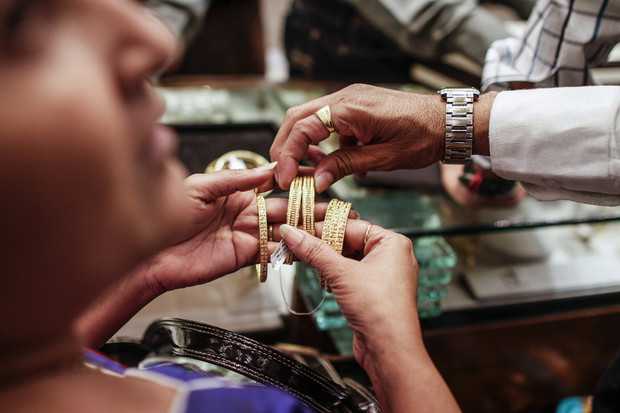Limak-Led Group Wins Istanbul Airport Deal in Record Auction
A consortium led by Limak Holding will build and operate Istanbul’s third airport, aimed at establishing Istanbul as an international flight hub with one of the world’s biggest terminals.
By Emre Peker, Yeliz Candemir, Aysegul Akyarli Guven
ISTANBUL—A Turkish consortium on Friday won a $29 billion tender—the biggest in Turkey’s history—to build and operate one of the world’s largest airports in Istanbul, marking the most concrete sign of the country’s ambition to become a global transit hub.
The group led by Limak Holding AS, a conglomerate with interests ranging from airport operations to construction and tourism, secured the right to run Istanbul’s third airport for 25 years after bidding €22.2 billion ($29.1 billion) plus taxes. The five-company winning consortium, which also includes Cengiz Holding AS, Kolin Insaat, Mapa AS and Kalyon Group, won the tender by nearly doubling its initial €12.7 billion bid.
The consortium’s prize is an airport slated to triple Istanbul’s existing annual capacity to 210 million passengers a year in what would be the world’s second largest international terminal behind Dubai. The price tag totaled almost 3% of Turkey’s gross domestic product and more than triple the $6.55 billion Saudi Oger Group paid to purchase a 55% stake in Turk Telekomunikasyon AS’s 2005 privatization—the government’s largest sale on record until Friday.
Limak Chairman Nihat Ozdemir said after the auction that the investment represented “trust in Turkey’s future growth.” Turkey’s government hailed the news as a vote of confidence in its stewardship of the economy.
“This airport won’t only meet Turkey’s needs, but also be a hub for all the traffic from west to east, east to west, from Africa to Europe,” Transport Minister Binali Yildirim said in televised comments after the auction.
The Turkish government’s effort to build a global transit hub in Istanbul forms a key part in a broader strategy to triple the country’s GDP to $2 trillion in the next decade and join the ranks of the world’s top-10 economies.
Emblematic of the effort to boost air transport capability is the dramatic expansion of national carrier Turkish Airlines. Since the ruling Justice and Development Party swept to power in 2002, the carrier’s passenger volume has nearly quadrupled. Turkish Airlines this year ordered some 95 planes from Boeing Co. and another 117 jets from Airbus, a unit of European Aeronautic Defence & Space Co., in an effort to double its fleet and expand its global footprint.
Despite Turkey’s obvious ambition, some analysts pointed to funding concerns given the price tag for Friday’s tender, which also includes development costs of €10 billion and about €4 billion in taxes at a rate of 18%.
Turkey has in recent years canceled or delayed about $10 billion worth of tenders as local consortiums proved incapable of financing their winning bids. Most recently, a joint venture by three members of the airport consortium—Cengiz, Limak and Kolin—asked the authorities to delay finalizing a $1.96 billion electricity-grid purchase they concluded in December.
Mehmet Cengiz, chairman of Cengiz Holding, said Friday that the consortium would have no difficulty financing the new airport.
“We have arranged loans on all fronts and plan to use both international financing and domestic funding,” Mr. Cengiz said in an interview. He said the breakdown of local and foreign financing wasn’t yet set as the consortium was still evaluating borrowing costs. The group won’t use credit to meet the 20% equity-stake requirement for the airport project.
On Friday, shares of TAV Airports Holding Co., Turkey’s top airport operator, fell 7.8%. The Istanbul-based company, which sold a 38% stake to France’s Aeroports de Paris for $874 million last year, dropped out after bidding at just over €22 billion.
Mak-Yol Insaat, one of two other participants, quit following an offer of €4 billion. Another also-ran was a partnership formed by Turkey’s IC Ibrahim Cecen Yatirim Holding AS and German airport operator Fraport AG, which had the highest opening bid at €20 billion. Fraport, which also runs the Antalya airport with IC Holding on Turkey’s Mediterranean coast, saw its shares slide by about 2% after losing the tender.
via Limak-Led Group Wins Istanbul Airport Deal in Record Auction – Wall Street Journal – WSJ.com.




